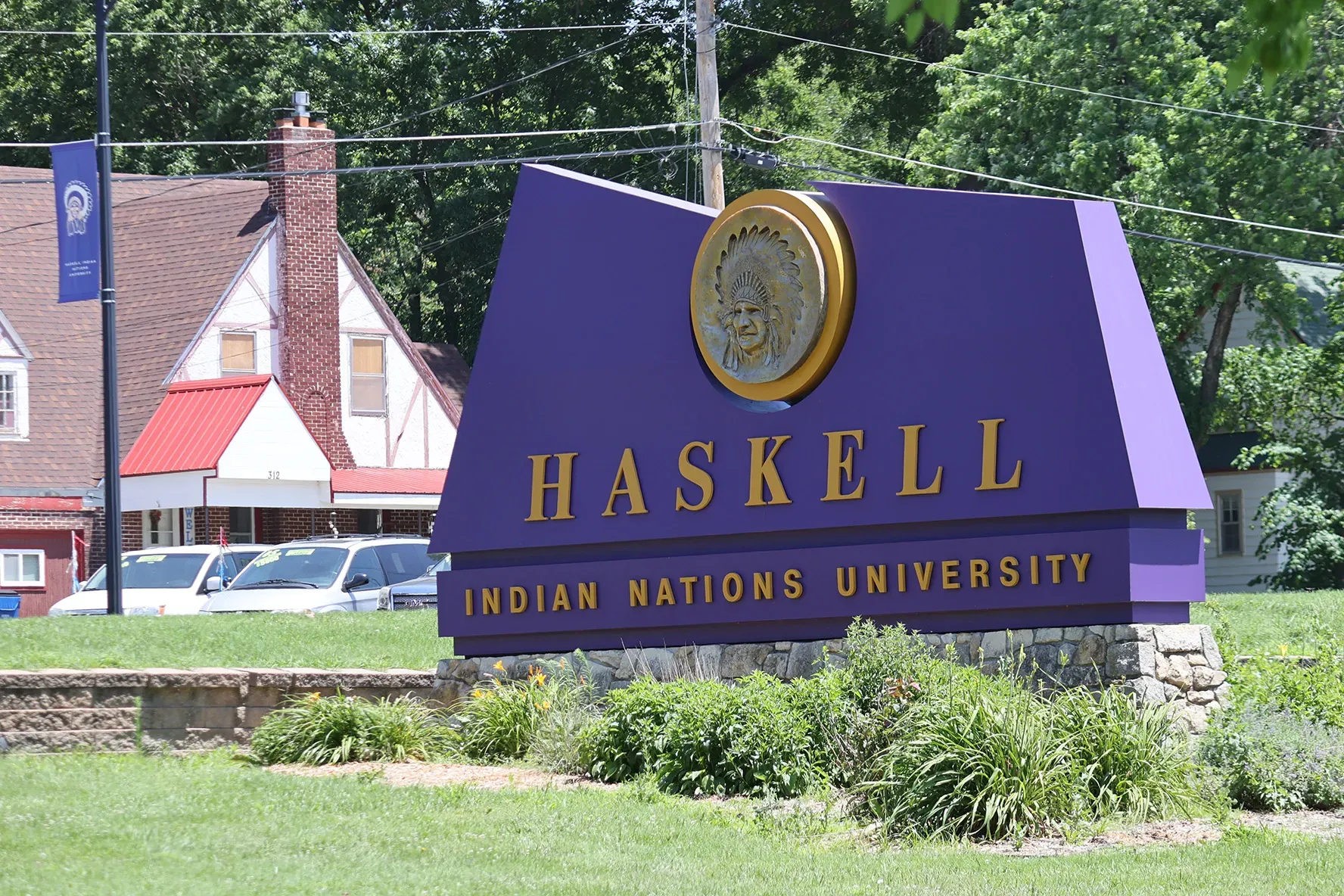Lawrence – Week of June 15 2025
County Health Fund Review; Haskell's Federal Funding; City Renews "Catalyst" Program; Community Health Plan; City Ends YouTube Streaming

County Reviews $20.7M Behavioral Health Fund, Questions Efficacy of App
Haskell University Faces Catastrophic 92% Federal Budget Cut
City Renews "Catalyst" Business Incentive Program for Three Years
Joint City-County Health Plan Aims to Tackle Housing, Poverty, and Childcare
City Commission Ends YouTube Live Streaming in Split Vote After Public Outcry
BREAKING

1. County Reviews $20.7M Behavioral Health Fund, Questions Efficacy of App
Douglas County’s robust behavioral health fund, which began 2025 with a $20.7 million balance, was the subject of a detailed overview at the June 11th commission meeting. Staff explained that the fund is supported by both a quarter-cent sales tax (projected $6.6 million in 2025) and a significant transfer of property tax dollars ($5.2 million). While the fund supports critical services through partners like Bert Nash, questions were raised about the return on investment for certain programs. Notably, commissioners scrutinized the "myStrength" behavioral health app, a program the county has funded for seven years at $28,500 annually, which has only attracted approximately 2,000 of its 12,000-user goal, prompting calls to reconsider the expenditure during the upcoming budget cycle.
2. Haskell University Faces Catastrophic 92% Federal Budget Cut
The Douglas County Commission was alerted to a looming financial crisis for Haskell Indian Nations University, which faces a potential 92% cut in federal funding. During the June 11th meeting, county officials reported that the proposed Department of the Interior budget would slash funding for all post-secondary tribal education, reducing Haskell's annual budget from approximately $37 million to an unsustainable $3.5 million. Citing the devastating impact such a cut would have, the commission unanimously agreed to draft and send a letter to federal legislators in support of restoring adequate funding to ensure the university can remain a vital part of the community.
3. City Renews "Catalyst" Business Incentive Program for Three Years
The Lawrence City Commission unanimously voted on June 3rd to authorize a three-year extension of the Catalyst Program, a key economic development tool designed to incentivize industrial projects. First launched in 2017, the program provides a predictable package of incentives for new construction and expansions in industrial-zoned areas, and has been credited with activating properties in Lawrence Venture Park and East Hills Business Park. City staff noted that some of the earliest projects under the program are nearing the end of their abatement periods, meaning they will soon contribute their full value to the city's tax base, demonstrating the program's long-term financial strategy. The renewal will extend the program until July 1, 2028.
4. Joint City-County Health Plan Aims to Tackle Housing, Poverty, and Childcare
Leaders from Lawrence-Douglas County Public Health presented the comprehensive Community Health Improvement Plan (CHIP) to the City Commission on June 10th, highlighting its direct alignment with the city's own strategic goals. The five-year plan focuses on six key areas: access to care, behavioral health, anti-poverty, birth outcomes, food security, and housing. Health officials emphasized that the CHIP provides a roadmap for partner organizations to tackle systemic issues, such as expanding affordable childcare to support the workforce, improving transportation to increase access to grocery stores, and implementing the "A Place for Everyone" plan to reduce housing stress and homelessness.
5. City Commission Ends YouTube Live Streaming in Split Vote After Public Outcry
In a contentious 3-1 vote, the Lawrence City Commission approved a resolution to end the live streaming of its meetings on YouTube, directing the public to use Zoom for live virtual access instead. The June 3rd decision was made to comply with a new state law requiring all parts of a meeting, including the general public comment period, to be broadcast if any part is. The move sparked nearly an hour of passionate public testimony, with numerous speakers accusing the commission of reducing government transparency, limiting accessibility for residents, and attempting to silence critical voices. Despite the backlash, the majority of the commission moved forward, while the meeting recording will continue to be posted on YouTube for later viewing.
Sponsors (click me!)





SUBSCRIBE TO GET THE CITIZEN JOURNAL IN YOUR INBOX - FREE!
Sources
- https://www.youtube.com/watch?v=gN21mOsmXcA
- https://www.youtube.com/watch?v=gN21mOsmXcA
- https://www.youtube.com/watch?v=-rANqze-PvI
- https://www.youtube.com/watch?v=W-6fIOK1MIQ
- https://www.youtube.com/watch?v=-rANqze-PvI
GET THE CITIZEN JOURNAL APP - FREE!
Contact: greg@loql.ai


